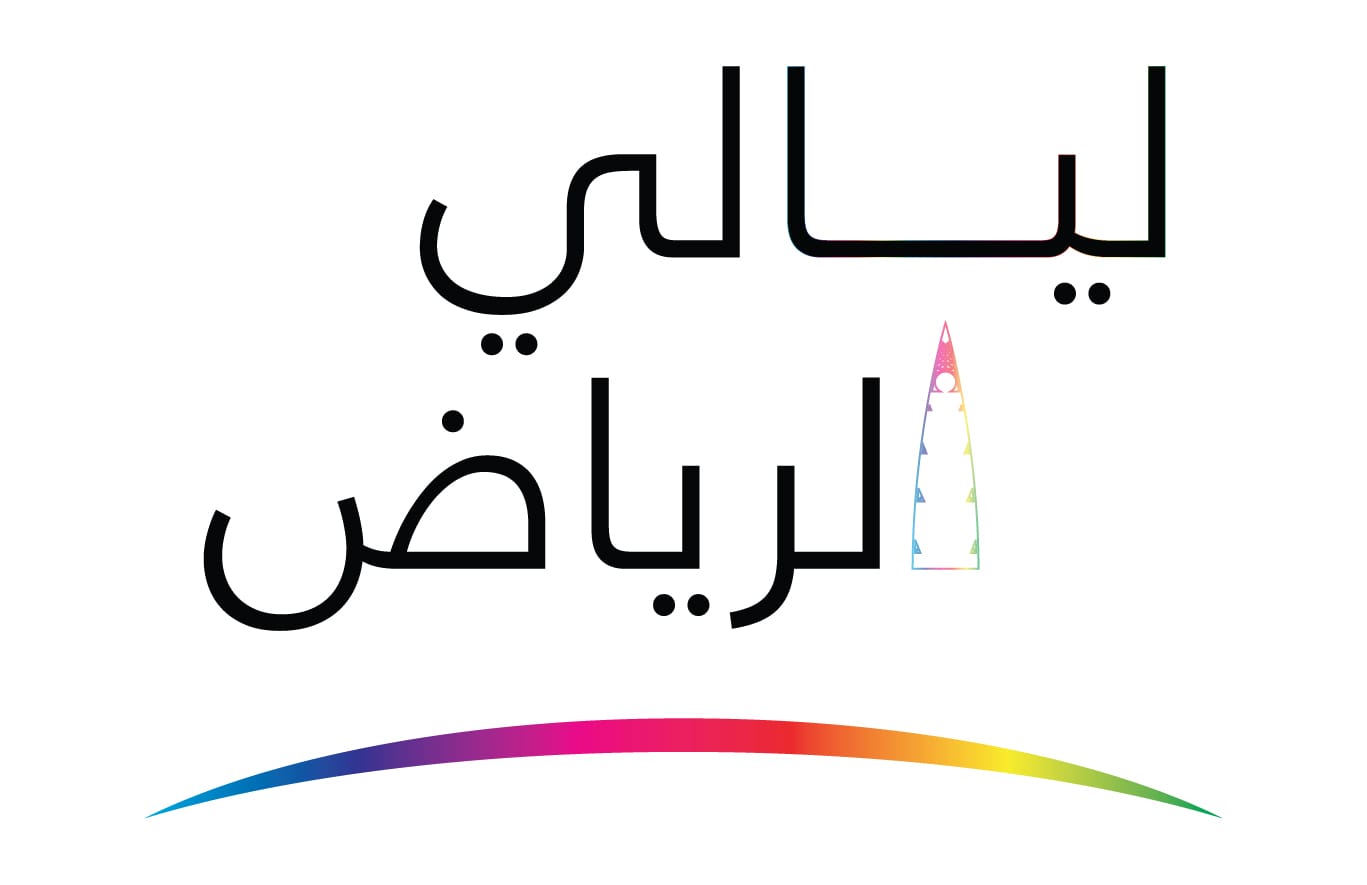74.6% Decrease in Heat Stroke Cases During Hajj Season Study: Effectiveness of Saudi Measures in Limiting the Impact of Heat on Pilgrims’ Health
Riyadh, June 9
A recent study led by the Research & Innovation Centre at King Faisal Specialist Hospital & Research Centre (KFSHRC) has demonstrated the effectiveness of preventive measures implemented by Saudi Arabia in mitigating the health risks associated with high temperatures on pilgrims during Hajj. Despite an average temperature increase of 0.4 degrees Celsius per decade in Mecca, the incidence of heat stroke has decreased by 74.6%, and the mortality rate by 47.6%. This reduction was linked to the preventive measures, which have greatly enhanced the pilgrimage experience and ensured a healthy and safe environment for performing the rituals
Published early this year in the Journal of Travel Medicine, this study investigates the relationship between rising ambient temperatures during the Hajj season and the associated health risks over the past forty years. It also assesses the effectiveness of preventive measures in mitigating these impacts on pilgrims’ health. The research analyses four decades of meteorological data and records of heat stroke and heat exhaustion cases during the Hajj season in Mecca
According to the study, Saudi Arabia has implemented several measures at individual, structural and community levels to mitigate heat-related health risks for pilgrims during the Hajj season. These measures include using water mist sprays to cool the air in open spaces and reduce heat for the crowds, providing water and umbrellas to pilgrims and ensuring the availability of air-conditioned transport, including metro lines operational since 2010, offering comfortable transportation for pilgrims
The Kingdom has also focused on increasing awareness among pilgrims and healthcare providers about heat-related illnesses, ensuring access to free healthcare services during Hajj, and improving the surveillance and management of cases. This includes implementing heat-related disease management guidelines set by the Saudi Ministry of Health, which outline specific procedures before and after hospital admission. These measures allow for the quick identification and treatment of heat-related cases during the Hajj season for a better outcome. Additionally, environmental engineering strategies and building design have been integrated to enhance natural ventilation, decrease heat retention in the holy sites, increase shaded areas, and reduce overcrowding
The results of the study extend beyond the local context and can be generalised to the global population. The Hajj serves as a unique microcosm for studying heat-related risks as it is attended by millions of pilgrims from over 180 countries to perform rituals in a high-temperature desert environment. This aspect holds immense scientific value for planning and improving responses to rising global temperatures
It is noteworthy that King Faisal Specialist Hospital & Research Centre has been ranked first in the Middle East and Africa and 20th globally, in the list of the world’s top 250 Academic Medical Centres for the second consecutive year and recognized as the most valuable healthcare brand in the Kingdom and the Middle East, according to the 2024 Brand Finance rankings. Additionally in the same year, it was ranked among the world’s best 250 hospitals by Newsweek magazine
